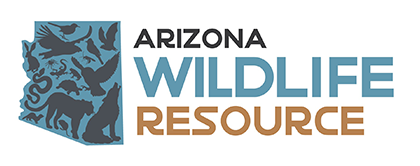You found an animal that needs your help. Now what?
Important Guidelines for Helping Injured Wildlife
Keep Warm
Provide supplemental warmth with a soft blanket or towel. Ensure the animal feels warm to the touch but not overheated.
Keep Dark
Cover the carrier to block out light. Darkness helps calm the animal, reducing stress and further injury.
Keep Dry
Avoid placing water bowls inside the carrier. Wait to offer food or water until consulting a rehabilitation facility.
Keep Quiet
Minimize noise and activity around the animal. Stress from loud sounds or constant handling can worsen its condition.
Do Not Offer Food or Water
Feeding or hydrating a traumatized or dehydrated animal can cause harm. Always consult a professional before providing food or water.
Find a Licensed Rehabilitation Facility Near You
The best way to help an animal in distress is to... Take it to a licensed rehabilitation facility.
Moral & Legal Obligations Assisting Wildlife

Wildlife is protected, and it is a federal offense for anyone to take, possess, transport, sell, purchase, barter, harass, or offer for sale any migratory bird, or the parts, nests, or eggs of such a bird, except under the terms of a valid permit issued pursuant to federal regulations.
Rehabilitation facilities are run by volunteers. Licensed centers have incubators, medical supplies, veterinarian assistance, large aviaries, and a team of experienced volunteers.
Never try to rehabilitate a wild animal on your own. It is illegal, and the animal may suffer due to improper treatment. Volunteering, however, comes with free training, and you’ll meet many fascinating people and animals. You can find additional help and information through Arizona Game and Fish and U.S. Fish and Wildlife.
